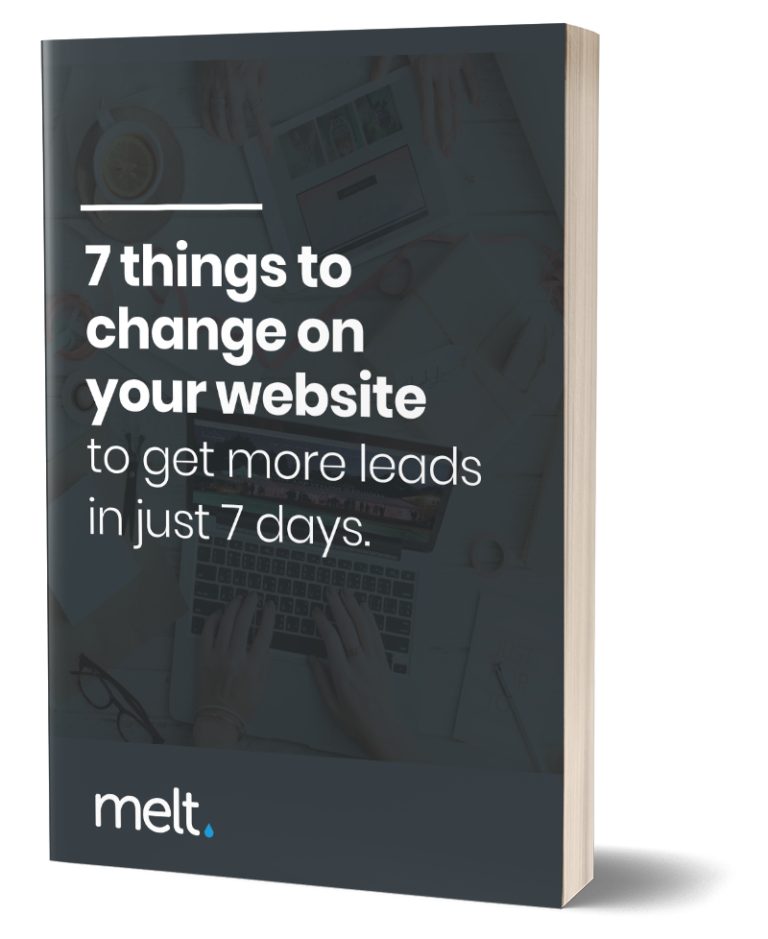Good-quality images on your website are essential for making it look professional and appealing to visitors. However, it is also important to optimise those images to ensure they help with your SEO. Image optimisation is the process of reducing the size of an image without sacrificing its quality. This can be done by using image compression and other techniques.
Optimising images for SEO can have some benefits, including improving page load times, reducing bandwidth usage, and helping your website rank higher in search engine results. It is an important part of a comprehensive SEO strategy. This article will walk you through why image optimisation is important for SEO.
1. Improve Page Load Times
Page load times are a major factor in SEO because the speed of your website is one of the signals that search engines use to rank websites. If your website takes too long to load, visitors may not stick around to see what you offer, and your rankings may suffer. Optimising your images can reduce your page load times by reducing the size of the images, making them easier and faster to download.
Want a faster-loading website? Find out more about our speed optimisation service
2. Reducing Bandwidth Usage
Bandwidth usage is another important factor in SEO. If your website takes up too much bandwidth, your hosting provider may start to throttle it, making it slower and less reliable. Image optimisation can reduce the amount of bandwidth that is used so your website runs more efficiently.
3. Rank Higher in Search Engine Results
Finally, optimising your images can help your website rank higher in search engine results. Search engines use image file names, alt tags, and other data to determine what an image is about and how it should be ranked. By optimising this data, you can ensure your images are helping your website rank higher.
How to Optimise Images for SEO
Optimising images for SEO is an important part of any website’s success. With proper optimisation, images can slow down page loading times, cause errors, and make it easier for search engines to index your website.
1. Use Descriptive Filenames
The filename of an image should contain keywords that accurately describe the image. This will make it easier for search engines to identify what the image is about and help it rank higher.

Discover where your website is holding you back with a free, personalized audit report. Uncover what's keeping your site from reaching its full potential and start taking action today!
2. Use Alternative Text
Alt text is a short description of the image used by search engines to understand what the image is about. It’s also used by people who cannot view the image due to visual impairment.
3. Compress Your Images
Compressing an image reduces its file size without sacrificing quality. This will make your website load faster and improve its overall performance.
4. Use the Right Image Format
Different image formats have different file sizes and quality. For example, JPEGs are usually smaller than PNGs, but there may be better choices for certain images. Choose the right image format for the type of image you’re using.
5. Add Captions
Captions are a great way to provide additional information about the image and make it more engaging. They also help search engines understand the context of the image.
Final Thoughts
In conclusion, image optimisation is an essential part of SEO. It can help improve page load times, reduce bandwidth usage, and boost your website’s rankings. By optimising your images, you can ensure that they are helping your website rank higher in search engine results.
Melt is a team of professionals working in the web design, web development, SEO, automated email marketing and business systems fields for more than three decades combined. Together, we have the knowledge and skills to help your business succeed online. If you need a local SEO agency in Warwickshire, we can help you out!

